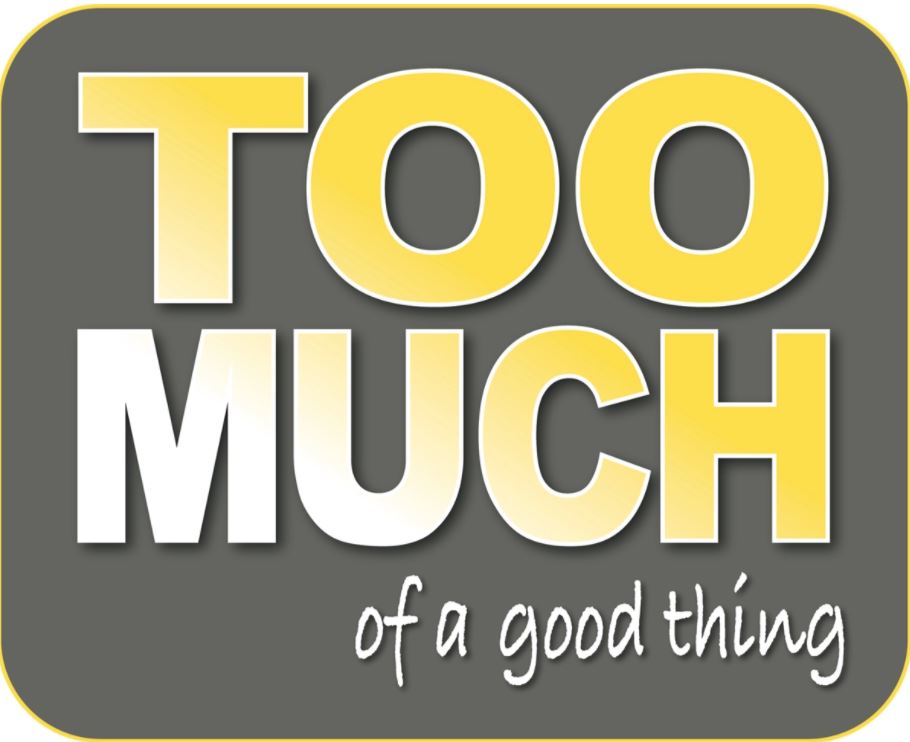
General
Weighing up the potential benefits and harms of comprehensive full body health checks: Full-body health screening is becoming more widely available – but there are some unexpected risks of the ‘worried well’ undergoing a battery of tests. Undergoing the tests right cause you mental stress. You may also uncover an asymptomatic condition which requires treatment – this might sound like a good thing, but our best reviews show these kinds of screens do not increase life expectancy, and it is likely you may get treatment for something that was never going to cause a problem. One health screen service reported “so far the doctors have found hidden problems in every patient”.
(It is important to note that this kind of screening is different to targeted screening – bowel cancer over a certain age, cancer screening in those with a strong familial history, or anyone who had noticed symptoms or unusual changes in their body. These scenarios all necessitate follow up.)
Experts debunk ‘immunity boosting’ myth amid pandemic: “What these influencers are doing is exploiting the pandemic to sell unproven products.”
Today’s Abused Health Concept
The Infodemic. Clarity and honesty are key to fighting a pandemic of misinformation: “An infodemic designates an uncontrollable proliferation of information, such that it is difficult to identify real facts and solutions. In our current infodemic, myths, conspiracy theories, scams, armchair epidemiologists, and Twitter scientists abound online and in the media.” The WHO has gone so far as to create an “Infodemic Management Group”. Ironically, the very idea that someone would try to correct misinformation has sparked many conspiracy theorists to cry foul.
In the meantime, the team contributes to informational content across platforms by collaborating on projects that include short animations and videos, Q&As, myth busters, social media tiles, and live interviews on Facebook, Twitter, TikTok, and LinkedIn. The WHO liaises with search and media companies like Facebook, Google, Twitter, Tencent, TikTok, and Youtube in an effort to filter out misinformation on the platforms and provide accurate information through innovative tools such as chatbots and quizzes. The infodemic managers also offer training and support to countries and civil society at the grass roots level and through partnerships with other UN agencies and non-government organizations. “You need to reassure the public by saying ‘here’s what we know right now, here’s what we can do based on what we know, and here’s what we don’t yet know,” Lewis explained. “And then people feel that you’re communicating in a transparent and honest manner. The important ingredient is trust.”
Failing to disclose the unknowns surrounding the current pandemic can break the trust that the Infodemic Management group so carefully cultivates and encourages and ultimately harms efforts to curb the spread and uptake of misinformation. “When you appear to backtrack or change your mind that generates a loss of trust,” she said. “And when you lose the trust of the public it’s hard to regain. But it also creates fertile ground for people to come up with their own explanations.” Lewis sees this behaviour in a number of world leaders, even those who may be well-intentioned in wanting to reassure their population that everything will be all right. Leaders who speak with clarity, empathy, and compassion can help to regulate expectations and hopefully even provide solace to those in pain.”
Great Moments in Health and Science
Discovering the Cell: As the building blocks of all living things, from bacteria to whales, it is the knowledge of cell existence and behaviour that is the foundation of understanding many disease processes, from ageing to cancer.
Thanks to Science
For vaccines… Coronavirus – Firm to keep tabs on vaccine side effects: I probably do not need to elaborate on the importance of vaccines to preventing unnecessary illness and deaths, especially in this time. This pandemic might see the fastest development and implementation of a vaccine in human history, which some argue can increase the risk of adverse events. However, the risk of adverse events relies on good quality trials prior to implementation, in addition to comprehensive vaccine surveillance. There is inherent risk in any medical procedure – be it therapeutic or preventative – so a vaccine is only rolled out if the risk of adverse events is less than the risk posed by the infection. The Australian Government appears to be investing in a broader vaccine surveillance program in anticipation of the COVID-19 vaccine rollout in an effort to efficiently capture adverse events. Do you think this will influence people’s decision to take up the vaccine?